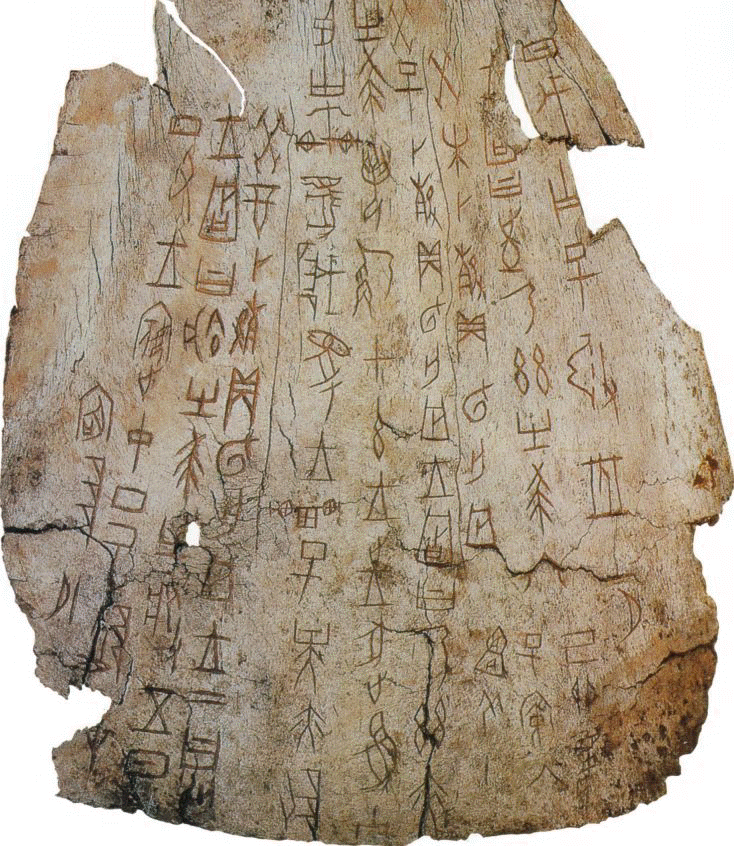This a new feature that I'm trying out that was inspired by Myth or Monsters Mondays from a blog that I stumbled upon and can no longer find (If you guys know which blog it's from let me know please so I can link back). I'll be discussing any topic from a book that I've recently read that has caught my attention. Whether it's a myth, a baddie, a concept, a disease that was mentioned, a procedure. Anything. As of now I don't plan on doing this in a weekly basis, just when the mood strikes, but if you guys have any suggestions or topics you want me to feature be sure to let me know!
Today's topic is from Ask Me by Kimberly Pauley and Rebel Belle by Rachel Hawkins:
Oracles
Definition:
The word oracle comes from the Latin verb ōrāre "to speak" and properly refers to the priest or priestess uttering the prediction. It may also refer to the site of the oracle, and to the oracular utterances themselves, called khrēsmoi (χρησμοί) in Greek.Oracles ≠ Seers
Oracles were thought of as portals through which the gods spoke directly to the people, while Seers interpreted signs sent by the gods through bird signs, animal entrails, bones, tarots, etc
Oracles around the world
Let's look at a few oracles from different cultures!
- Sybils (Greek) - It literally means prophetess. They would give answers whose value depended on good questions. So you better know how to phrase your question!
- Persian
- Lybian
- Delphic (Not to be confused with the Pythia)
- Cimmerian
- Erythraean
- Samian
- Cumaean
- Hellespontine
- Phrygian (doublet of the Hellespontine Sibyl)
- Tiburtine
- The Chinese used oracle bones, as well as the I Ching, or "Book of Changes", a collection of linear signs used as oracles that are from the Shang Dynasty.
- In Celtic mythology the Druids or Vates were the ones who performed divination.
- In ancient India the oracles were knows as:
- Akashwani or Ashareera vani: a person without body or unseen
- Asariri (Tamil): Literally meaning "voice from the sky"
- In Tibet oracles still play an important role in religion and government. The Dalai Lama still consults the oracles known as:
- Nechung Oracle, which is considered the official state oracle of the government of Tibet.
- Tenma oracle
- The Karmashar and Darpoling oracles are no longer active.
- The early Aztecs used mummy-bundles, an effigy, as an oracles
- The Yucatec Mayas had their own oracles priests or chilanes, literally meaning 'mouthpieces' of the deity.
- The Igbo people of southeastern Nigeria in Africa still use oracles today.
- In Norse Mythology Odin carries around the head of Mímir, renowned for his knowledge and wisdom, who recites secret knowledge and counsel to him.
The Pythia
I'm sure most you of have come across this word when reading a book dealing with greek mythology and oracles. So what exactly is The Pythia?
This awesome python was hidden in a cave that communed with the Great Goddess Gaia. This snake, like many of her serpentine sisters in the ancient world, prophesied the future and dispensed divine knowledge.
It was an actual mythical python!
This awesome python was hidden in a cave that communed with the Great Goddess Gaia. This snake, like many of her serpentine sisters in the ancient world, prophesied the future and dispensed divine knowledge.
According to myth and legend, the original Pythia inhabited a cave, into which magical vapours rose from a fissure in the earth. Inhaling the vapours, Pythia entered a trance. In this suspended state, she received the direct counsel of Gaia. Gaia entered her body, transmuting it into the form of a Python, and spoke through the mouth of Pythia.
Fun fact!
It turns out these magical vapours were actually ethane and ethylene gasses that seeped from the geological fault that the oracle chamber near Mount Parnassus was built over. In other words the oracle was high all the time. Awesome.This python was the original Oracle, which we now call the Oracle of Delphi, as renamed by the Greek Indo-European civilisation which came to dominate the culture of Ancient Greece. This is why in most books Pythia and Oracle of Delphi is used interchangeably.








No comments:
Post a Comment